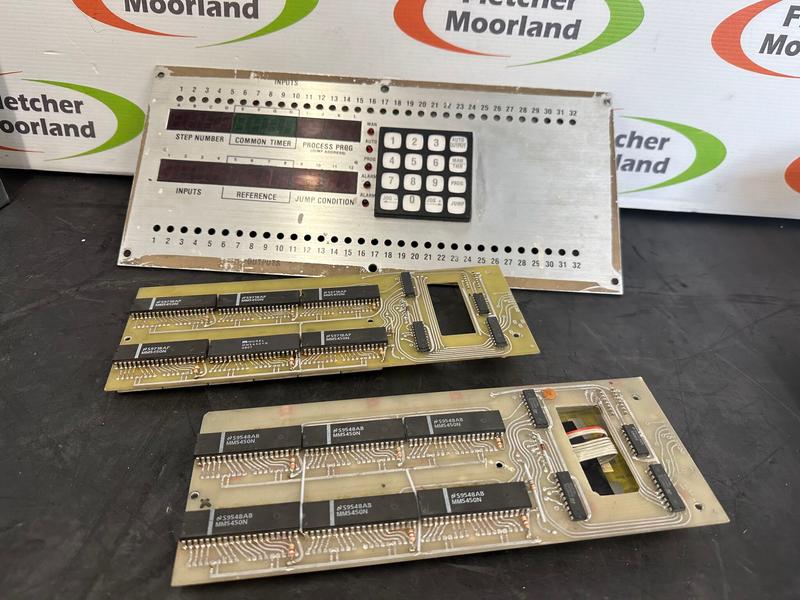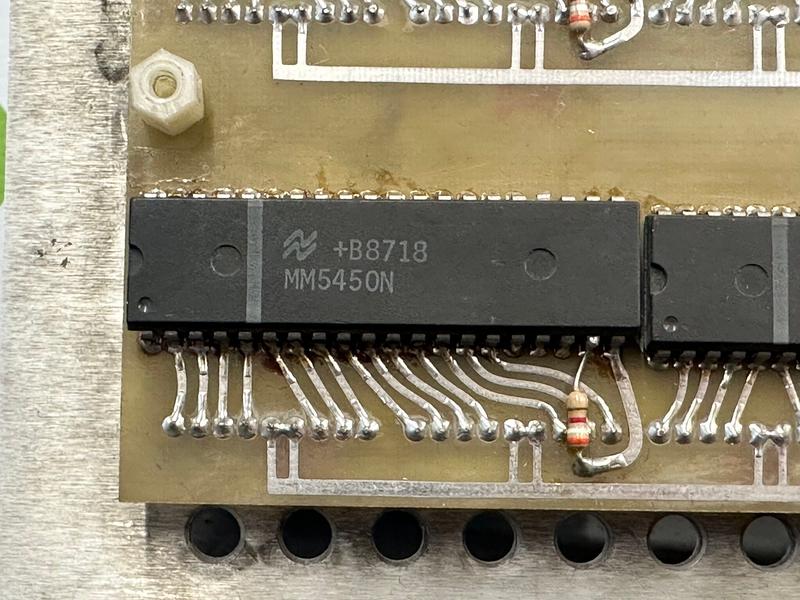A Dying Breed? I Think Not


Last week, I was tagged in a LinkedIn post about a TV series on UK TV Play titled Retro Electro Workshop. A more electronics-based version of the BBC's successful The Repair Shop, it was a great watch, showing old electronics being repaired. If you are interested in repairing things, I urge you to watch it.
Reflecting on the program, I remembered a comment made by the narrator that's been bothering me. It referred to the guy repairing the 1920s radio and the 1980s Atari console as part of a 'dying breed'.
Granted, there are fewer people who can repair electronic equipment than there were 20-30 years ago as a direct result of our throwaway society. But a dying breed? I don't believe they are.
Just because we find ourselves surrounded by newer and more innovative devices in a race towards having the latest and greatest gadgets, we tend to overlook the value and potential of older electronic equipment that might still serve a vital purpose. We refer to these as obsolete – no longer produced or used; out of date.
Shifting from consumer to industrial electronics, such as a controller we were sent for repair; it is obsolete and no longer produced. But I'll say that it's not out-of-date or no longer used; it's still required to do a job.
How old do you think this controller pictured here is? 10, 20 years old? Well, there is a way of telling with electronic components. Look at the photo showing an integrated circuit (IC or chip). The part number is MM5450N, and it's an LED driver device for the display. The manufacturing date is the other number, 8718. Broken down, the first two digits represent the year of manufacture, and the last two are the week of manufacture. It was manufactured in the 18th week of 1987. If you've got any PCBs lying around, go and take a look; now you know how to date electronic equipment.
So, this controller is 36 years old and still required in an industrial application; after all, we wouldn't have it for repair if it wasn't needed.
That brings me nicely back to repairing electronic equipment and the dying breed of repairers. There is such a huge demand for people skilled in electronic repairs. I've got around 25 people at Fletcher Moorland who day-in, day-out, repair all sorts of industrial electronic equipment. Plus, we have the next generation of repair engineers, too.
Worldwide supply chain shortages have mainly driven recent demand for repairing, yet I do feel that more and more people see the sustainability benefit of repairing electronics. Repairing equipment has a direct positive impact on worldwide resources.
Of course we need more people to do it, we need more people to be trained to do it, and we need to embrace repairing better than we have done.
Thankfully, there are people pushing this message, so the electronics repairers of the world will never be a dying breed.
